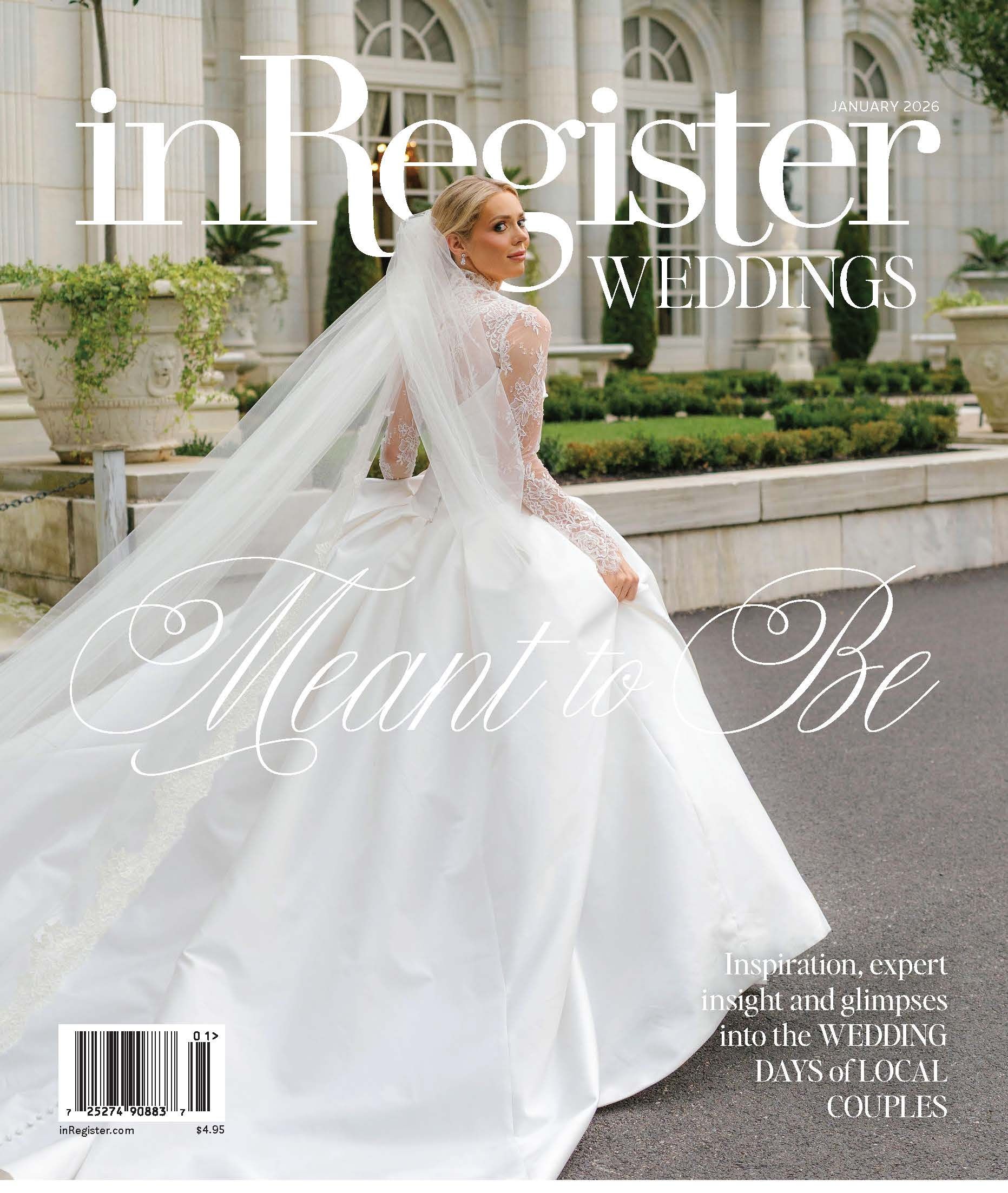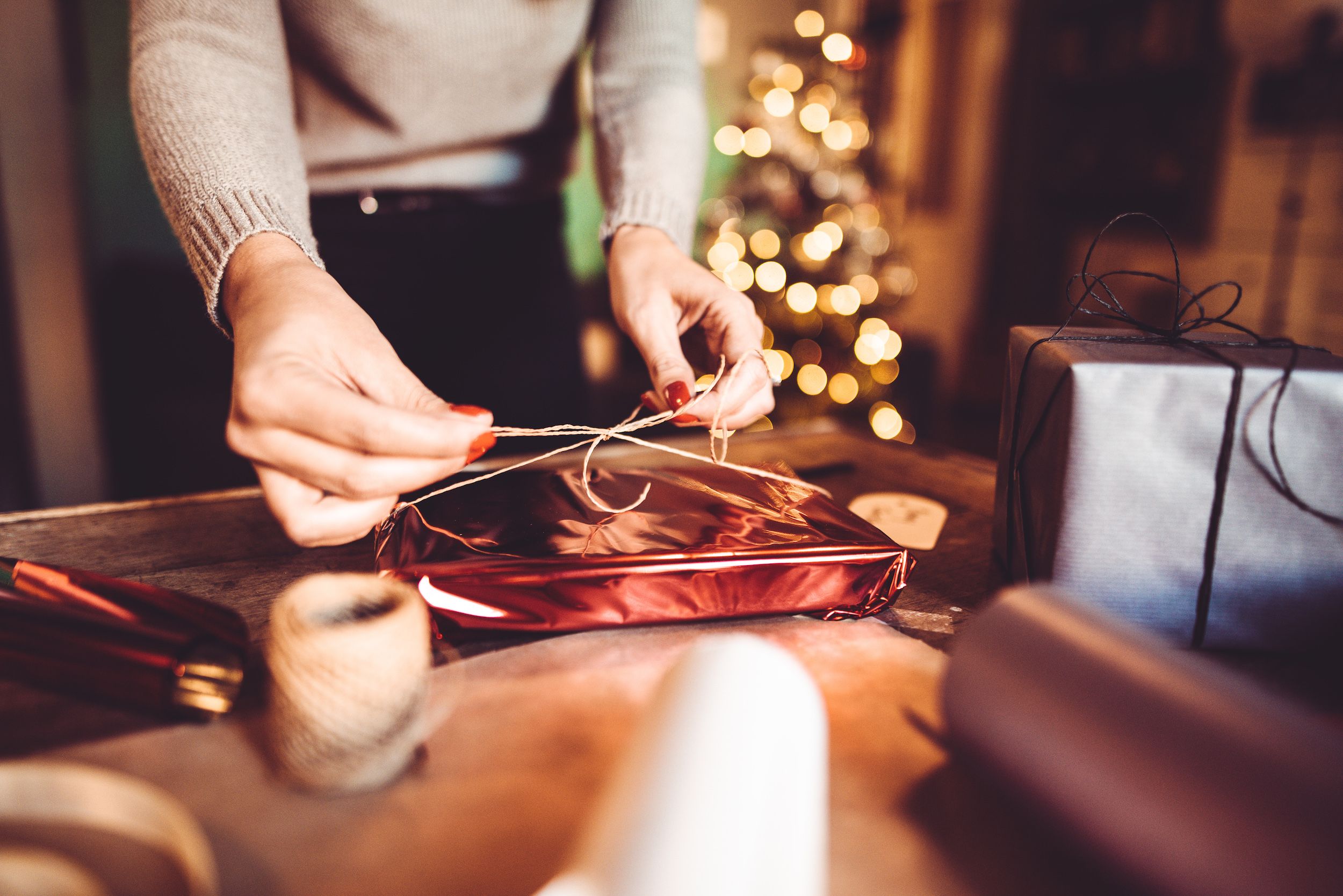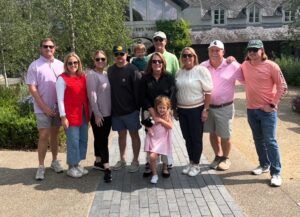Publisher’s view: Your gift
Right now, in this city, there are cars circling the mall in a never-ending traffic loop. Others are puttering at a snail’s pace up and down the parking lot aisles waiting for a shopper to emerge from the concrete jungle and (a Christmas miracle!) get into a car on their aisle. Hit the blinker, crank up “Grandma Got Run Over by a Reindeer” and step on the gas. It’s Christmas time in the city.
And while children, typically, are easy to shop for when they’re young—their Santa Claus wish-list tips their hand—they get increasingly more difficult to buy for as they get older. Lego sets get replaced by gift cards, American Girl dolls are eschewed for scarves and boots, and the fantastical world of unicorns, rainbows and kittens gets ousted by the fantastical world of video games that—I can’t prove this, but I believe it’s true—may be slowly carving out our kids’ souls with a butter knife.
Don’t worry, my kids have plenty of electronics. I’m not judging yours.
And gift giving for spouses, friends and parents is another thing altogether because they are adults, and they can buy their own stuff if they want it. If they really want it. So we are trying to anticipate what stuff our favorite adults would want to own but just don’t know it yet. We are trying to say “I love you” by giving them a wrapped box of something that we purchased in the last 17 days—a something that cost us more than we planned to spend, took longer to purchase thanks to the never-ending traffic loop and the saleslady with an attitude, and can never be returned.
Feliz Navidad.
But what if instead of giving them a gift, we simply acknowledge their gift. Their true gift. What if—instead of another shirt or kitchen gadget—we openly recognize the gift they give by being themselves: Tell them who they are.
Everyone has a gift. Most people have more than one. It’s what makes them uniquely them. And while acknowledging gifts in children is almost innate in our culture (“You have such a good ear for music; you should continue with your piano lessons”), this acknowledgment drops off sharply as the child hits adulthood. We cease to recognize or encourage the ones we love.
We take them for granted.
One Christmas many years ago, I actually gave everyone their “gift” as I saw it. (I’m sure I was broke as a church mouse, and I took the request ‘just make me a gift’ seriously, but I digress.) I wrote out a card for each family member and acknowledged a unique trait in each that I loved. And while I no longer have any of those cards in hand, I recall it went something like this:
“Mom, you have the gift of creative enthusiasm. You see beauty when there is no beauty. You can transform a ratty apartment balcony into a ‘hanging garden’ and make us excited to live there. You are energized by a challenge, and you have a vision that others lack. Thanks for sharing your gift with us.”
The true joy of recognizing the gifts of others is that you must ponder with intention what that person brings to your life. It’s an exercise that is as good for you as it is good for them. In fact, it might be better for you in the long run. We tend to overly criticize the ones we love most, and this simple acknowledgment of their gifts brings out (in us) gratitude instead of gripe.
When we lose a loved one, especially, their personal gifts—their spectacular traits—come crashing to the forefronts of our minds. We miss their creative enthusiasm, their generous spirit, their unparalleled patience or their discerning eye. We crave to hear their joyful laugh again, long for their ability to calm a storm, or hunger to smell their gift of cooking the perfect pie.
This is a season of remembering those we have lost—and we always remember their gifts.
So this season, let’s acknowledge the true gifts of those who are still with us, who surround our table and who share themselves with us each day. Sure, sure. Throw in a sweater or a bottle of their favorite cabernet. But write a card to your favorites and tell them what an exceptional gift they bring to the world. They might not even know.
And it’s your very greatest gift to give.












